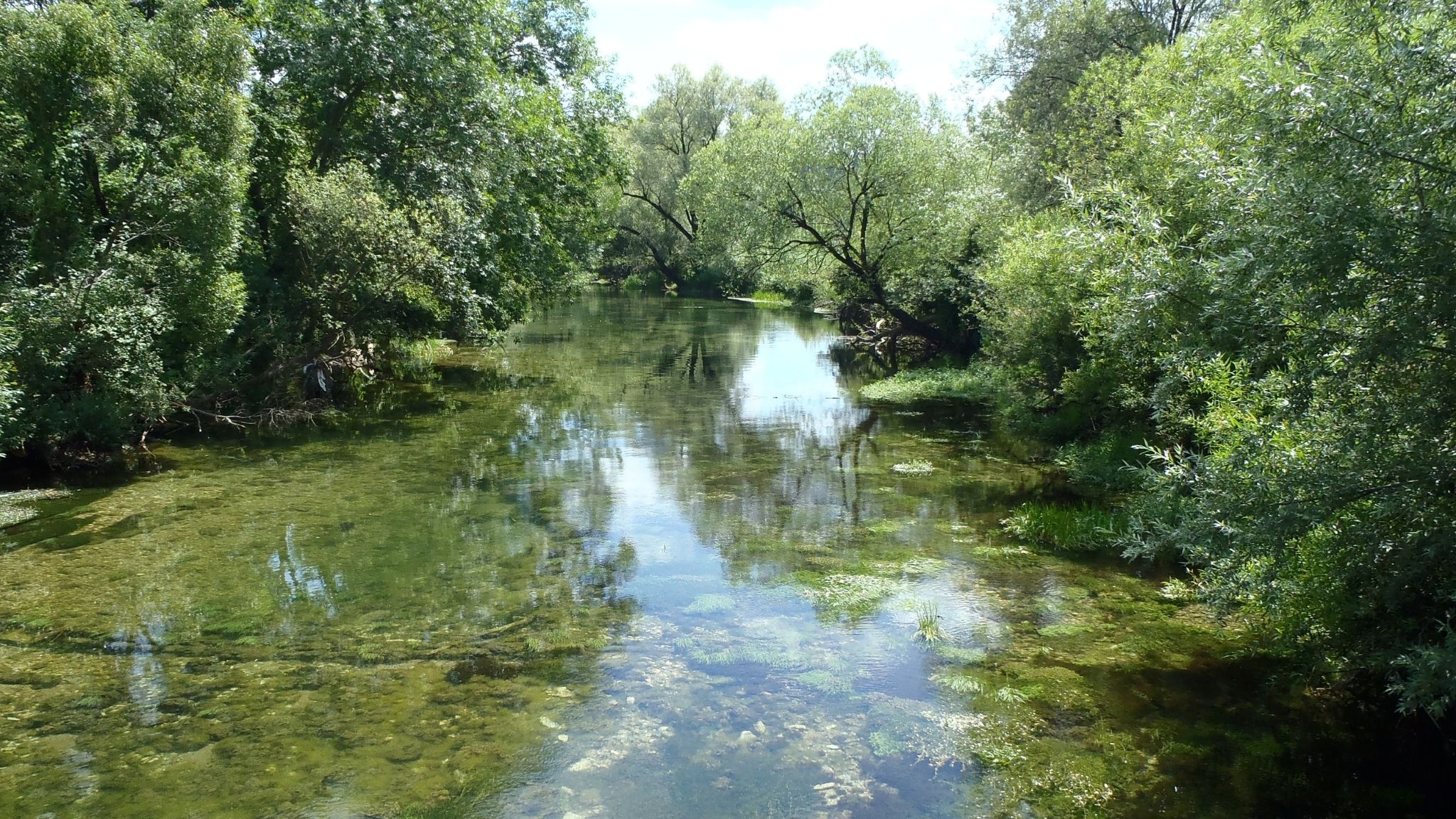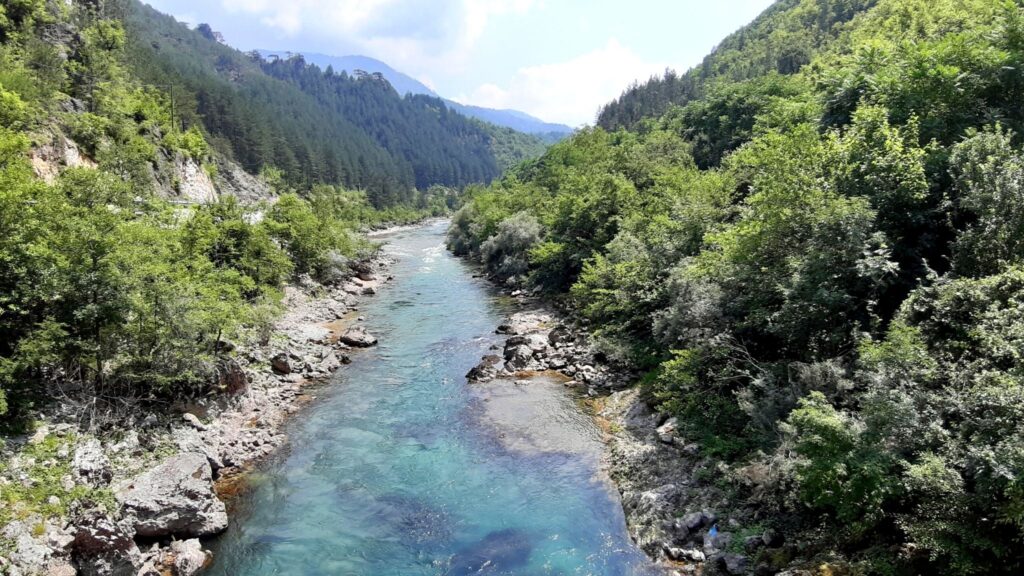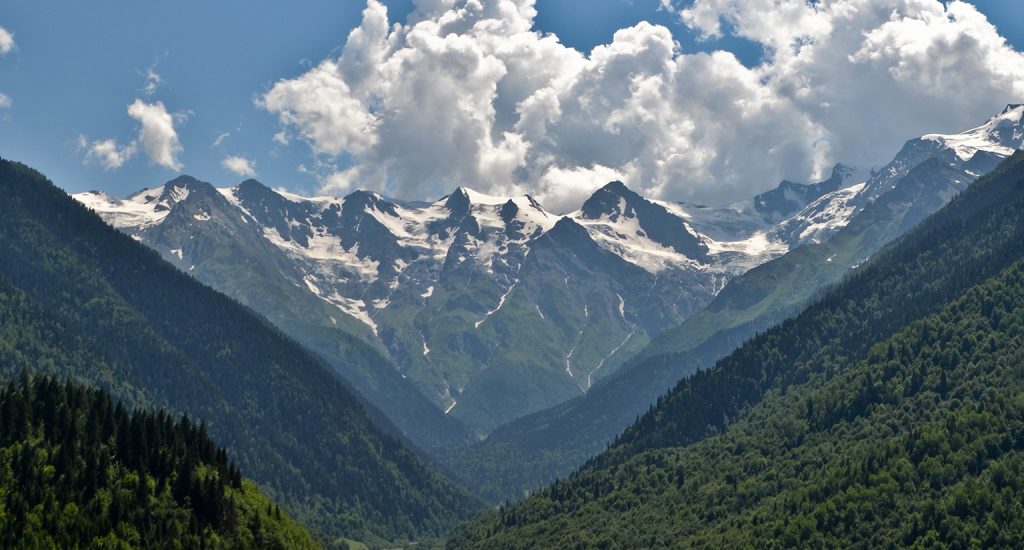The countries of the Energy Community Treaty have diverse energy mixes, but hydropower has traditionally played a strong role in many of them. Albania is almost completely reliant on dams for its domestic electricity generation, followed by Georgia with an average of 80 per cent of electricity generated by hydropower and Montenegro with an average of 55 per cent.

Stay informed
We closely follow international public finance and bring critical updates from the ground.
Background
The countries of the Energy Community Treaty have diverse energy mixes, but hydropower has traditionally played a strong role in many of them. Albania is almost completely reliant on dams for its domestic electricity generation, followed by Georgia with an average of 80 per cent of electricity generated by hydropower and Montenegro with an average of 55 per cent.
But what started as a strength is becoming a liability. More and more erratic rainfall is exposing how vulnerable hydropower is to climate change, while its damaging impacts on biodiversity, groundwater and sediment transportation are becoming better understood.
This has not stopped decision-makers’ zealous plans to develop the sector, including in countries like Ukraine hydropower has not traditionally played a major role. Decades-old projects are still being pushed against all economic and environmental logic, while a rash of small hydropower plants driven by feed-in tariff schemes has destroyed rivers and streams across southeast Europe.
The good news is that there are alternatives, with lower costs for the environment and also, increasingly, for the public purse, and that resistance to the unnecessary destruction of life-giving rivers is increasing day by day.
IN FOCUS
Latest news
[Campaign update*] Georgian government and investors reject Ombudsman’s offer to mediate in controversy over Khudoni mega dam
Blog entry | 6 February, 2014The growing antagonism between promoters of the Khudoni hydropower plant project in Georgia and their local opponents from Kaishi is unlikely to ease when the investor and the Georgian Ministry of Energy boycott mediation by Georgia’s Ombudsman.
Read moreEBRD set to backtrack on environmental and social safeguards
Press release | 22 January, 2014A draft released yesterday of the Environmental and Social Policy of the European Bank for Reconstruction and Development shows that, instead of strengthening the policy to provide for better implementation, the bank opens several loopholes which ensure that approval of financing is achievable for problematic projects.
Read moreEBRD environmental policy breaches on hydro plants confirmed by internal investigation
Press release | 13 January, 2014The EBRD has failed to properly assess 3 hydro projects it has approved for financing in Macedonia, Croatia and Georgia, according to bank internal investigations initiated after formal complaints by Bankwatch member groups. NGOs caution that, more than mere slips, these improper assessments are a symptom of what could be called bankers’ overconfidence – that is, a tendency to assume that all environmental damage can be ‘managed’, which from a business point of view is much more convenient than admitting that some projects simply should not go ahead.
Read moreRelated publications
Kungrad 1-3 wind power project, Uzbekistan
Policy comments | 11 March, 2025 | Download PDFKungrad is one of several large-scale renewable projects featuring extensive transmission lines slated for remote, wild areas in Central Asia – an alarming practice that hinders the sustainable energy transition.
How to interact with development banks lending to hydropower projects in Central Asia: A toolkit for civil society activists
Toolkit | 3 February, 2025 | Download PDFThis toolkit is aimed primarily at civil society organisations in Central Asia tackling the construction of dams or other unsustainable water infrastructure.
The Upper Horizons complex, Bosnia and Herzegovina
Briefing | 18 December, 2023 | Download PDFThe Upper Horizons hydropower complex has been planned since the mid-20th century, and is planned to consist of three plants — Dabar, Nevesinje and Bileća — linked by a series of tunnels and channels. If completed, it would have a devastating impact on the karst ecosystems of eastern Herzegovina and beyond.




